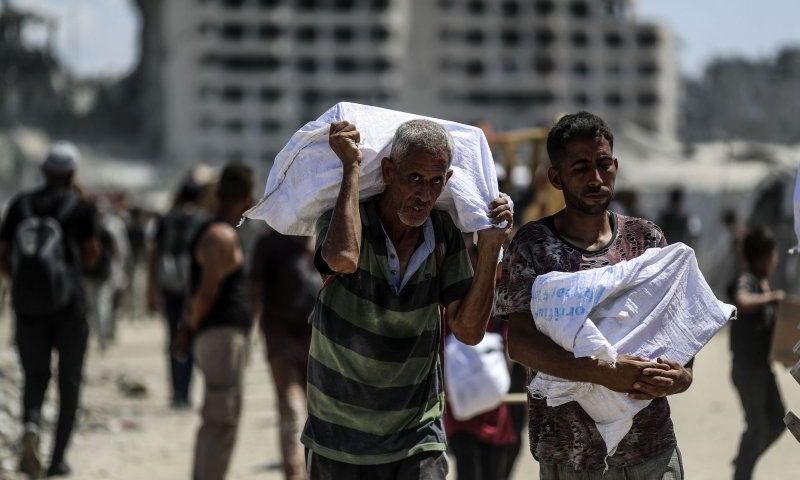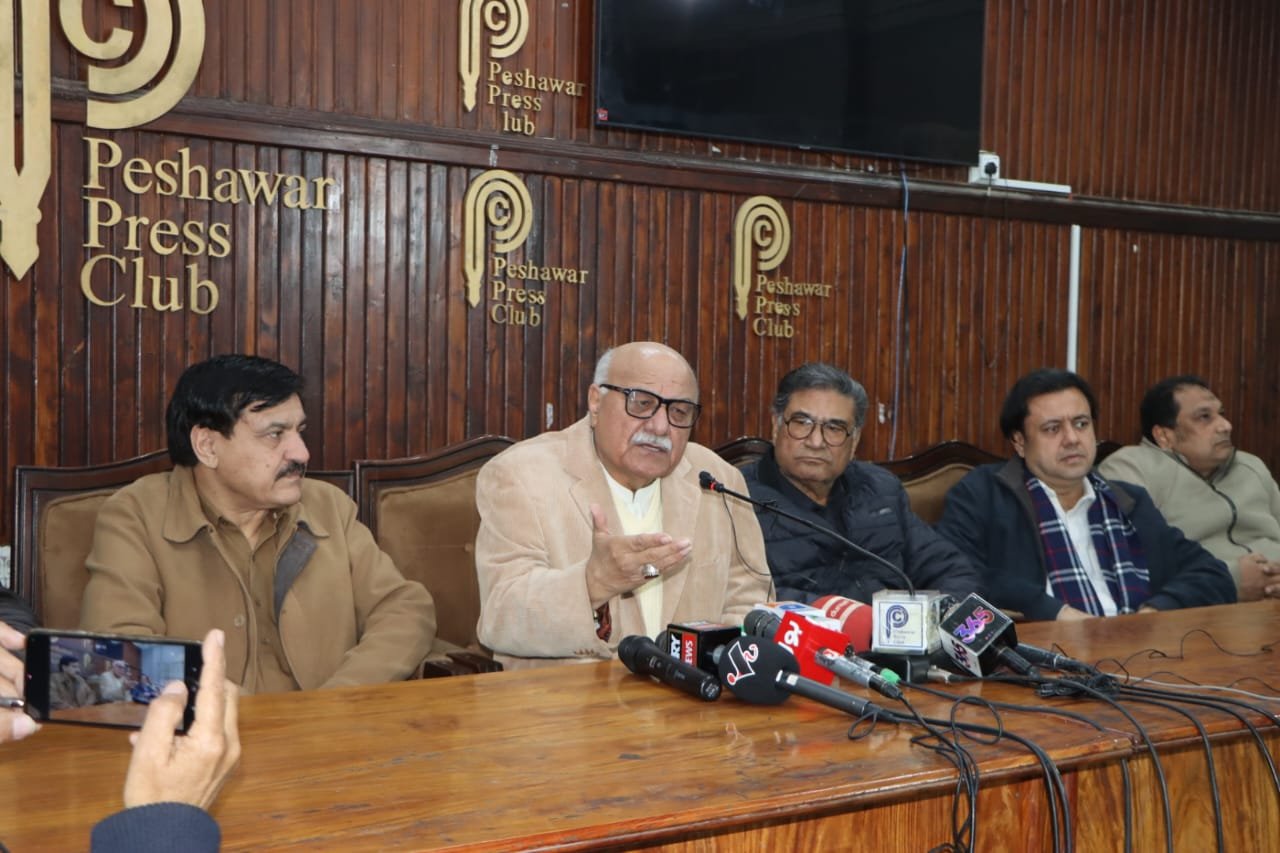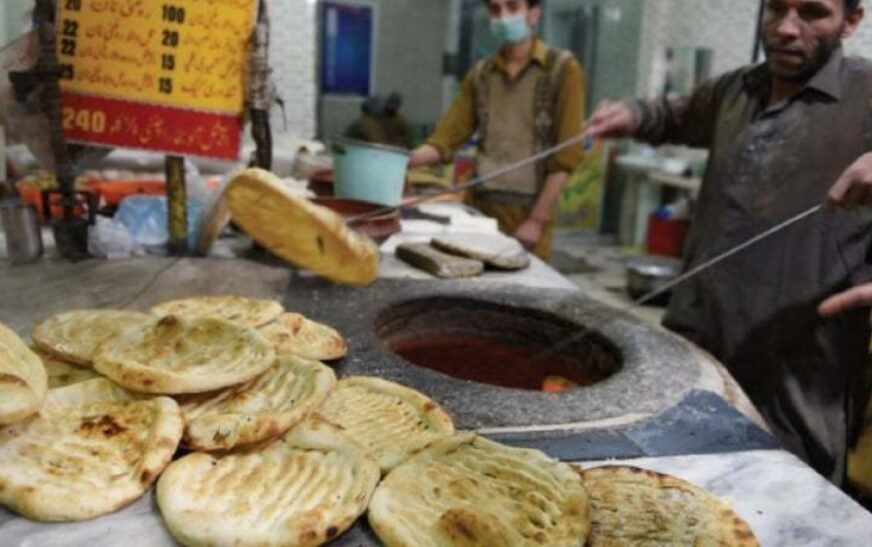PESHAWAR: The head of the United Nations World Health Organization (WHO), Tedros Adhanom Ghebreyesus, has said that the hunger crisis and malnutrition crisis in Gaza have become “extremely devastating” even after two weeks of the ceasefire, while aid organizations have accused Israel of “arbitrarily” withholding aid supplies.
According to the World Food Program (WFP), Gaza needs 2,000 tons of aid every day, but only about 750 tons of food is entering, because Israel has only opened two crossing points, Karam Abu Salem and Al-Qarara.
On Thursday, 41 international organizations, including Oxfam and the Norwegian Refugee Council, accused Israel of unjustifiably blocking aid supplies. The organizations said in a joint letter that between October 10 and 21, 99 international organizations’ requests were rejected, while six UN requests were also rejected. The rejected goods included tents, blankets, food, cleaning supplies, and children’s clothes.
According to a recent UN report, a quarter of Gaza’s population is suffering from acute hunger, including 11,500 pregnant women.
According to Andrew Sebert, deputy head of the United Nations Population Fund, 70 percent of new-born babies are underweight or premature, which is evidence of the long-term effects of malnutrition.
According to Bahaa Zaqout, a spokesman for the Palestinian organization PARC, even basic food items are unaffordable in the market. A kilogram of tomatoes, which used to cost one shekel, is now being sold for 15 shekels.
He said that although some fruits and vegetables are available, their prices are beyond the reach of ordinary citizens. In its ruling on Wednesday, the International Court of Justice (ICJ) ordered Israel to take measures to meet the basic needs of Gazans. The court clarified that the obstacles to humanitarian aid are a violation of international law.
Read also: Eight Muslim nations back Hamas’ encouraging reaction to Gaza peace initiative















